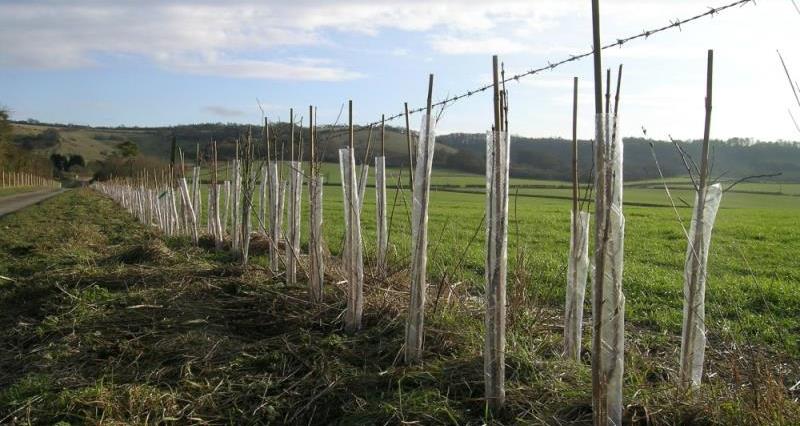1. The Government’s consultation on delivering environmental net gain through the planning system needs to evolve into a practical and deliverable policy. In the NFU’s view:
- Government must balance any future net gain policy with the use of land, a limited resource, for food production.
- Net gain should not slow down the planning process for applicants or LPAs making planning decisions.
- The policies put in place need to be practical to be deliverable and offer value for money to developers and government.
2. The NFU supports the concept there is a need to recognise that biodiversity net gain but this should not be mandatory for all developments. Each proposal must be judged on its own site specific merits. We believe that all agricultural developments should be exempted on the basis that they are usually low impact and required to effect efficient functioning of the business. We also believe that any projects that don’t need to go through the planning permission, either because they are permitted development or allowed due to local planning policies (as is often the case with farm tracks) , should be exempt from biodiversity net gain.Farmers should not have the additional costs of net gain imposed on their development when the development has wider environmental benefits, for carrying out their normal farming practices or the land is already delivering high environmental benefits: For example,
- If a building is being put up to improve air quality or reduce risk of pollution then, at application, the applicant should not be expected to deliver as much biodiversity net gain
- The development leads to improved energy efficiency;
- Where land is in a normal crop rotation then it should be judged as arable land
- Where land is part of an environment scheme.
3. Farmers have the potential to deliver the net gain whether this is commissioned by the Local Planning Authority (LPA), the developer, a broker or through the tariff mechanism. The farmer should have a choice of who to contract with. A monopoly situation of one broker must be avoided at all costs. If the contract arrangements are unfavourable then farmers will not step forward to be providers which will hinder the efficient operation of the market. Therefore the NFU proposes:
- The brokers are accredited to ensure good standards are maintained.
- There is a need for a register of net gains that enables farmers to record net gains and sell them at a later date or sell excess net gain delivery.
- Defra sets out the minimum standards for the contract to ensure it is fair and balanced. The contract for delivering net gain needs to be clear what is being paid for (actions or outcomes) and how they are measured, provide financial security, flexibility to deal with unpredictable events and pass on the recognition in the metric that delivery is not always effective in the way any redress is managed.
- The length of the contract will affect appetite by farmers to be involved. Farmers would need contracts less than 25 years proposed. Equally, the payments for delivery and maintenance need to match the length of the commitment, taking in to account the risk of permanent habitat creation.
- Equally, if net gain delivery is to deliver a biodiversity outcome then it must be possible to sell the other environmental outcomes from the same site. For example with the creation of salt marsh it must be possible to sell the carbon storage that is delivered alongside.
- From the outset it must be clear how delivering net gain relates to other environmental and CAP schemes, including future environmental land management schemes.
- Deciding whether to be a net gain provider should be voluntary.
- It should be possible for tenants to be able to supply net gain.
The full NFU response can be found here.
